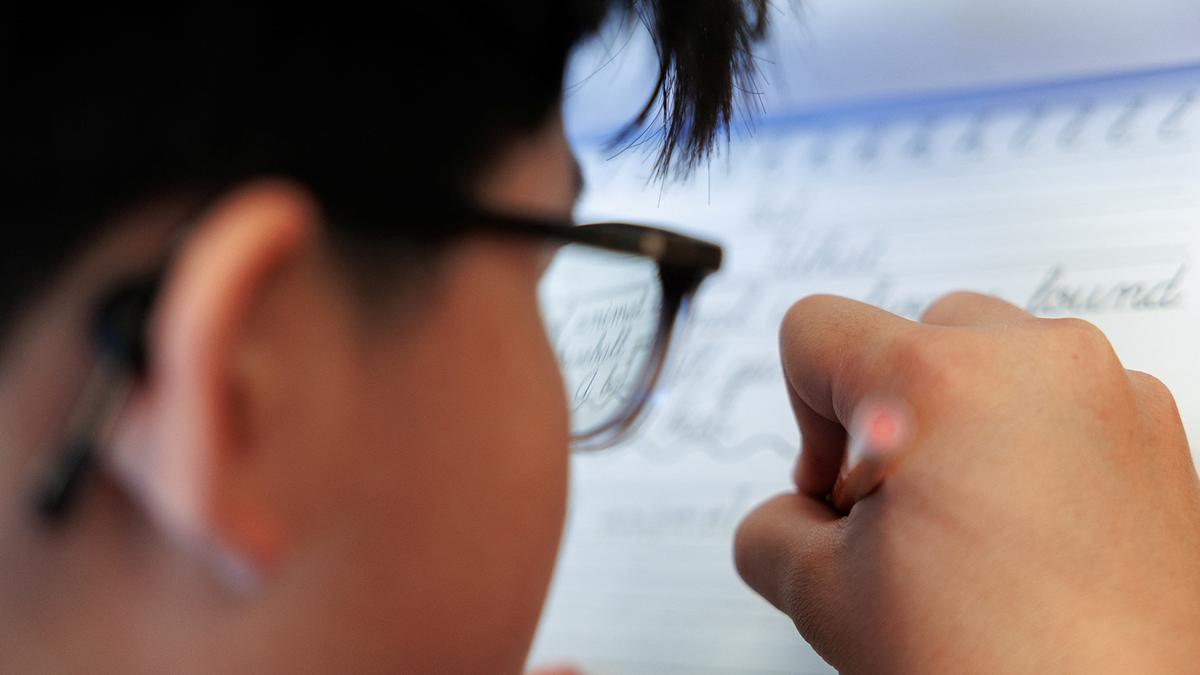
Keeping children safe on social media: What parents should know to protect their kids
The Hindu
Kids who have never been on social media may find themselves ill-equipped to navigate the platforms when they are suddenly allowed free rein the day they turn 18
Social media CEOs got grilled by Senate lawmakers this week in an emotional and often heated hearing about the dangers their platforms pose to children — sexual predators, videos encouraging suicide and glorifying eating disorders, bullying and addictive features, just to name a few.
Republican and Democratic senators came together in a rare show of agreement throughout the hearing, though it’s not yet clear if this will be enough to pass legislation such as the Kids Online Safety Act or other proposed measures intended to protect kids from online harms.
Even with apparent bipartisan unity, making laws and regulating companies takes time. What are parents — and teens — supposed to do in the meantime? Here are some tips on staying safe, communicating and setting limits on social media — for kids as well as their parents.
There’s already, technically, a rule that prohibits kids under 13 from using platforms that advertise to them without parental consent: The Children’s Online Privacy Protection Act that went into effect in 2000 — before today’s teenagers were even born.
(For top technology news of the day, subscribe to our tech newsletter Today’s Cache)
The goal was to protect kids’ online privacy by requiring websites and online services to disclose clear privacy policies and get parents’ consent before gathering personal information on their kids, among other things. To comply, social media companies have generally banned kids under 13 from signing up for their services, although it’s been widely documented that kids sign up anyway, either with or without their parents’ permission.
But times have changed, and online privacy is no longer the only concern when it comes to kids being online. There’s bullying, harassment, the risk of developing eating disorders, suicidal thoughts or worse.

The girl, who was admitted to Aster CMI Hospital with alarming breathlessness and significant pallor, was diagnosed with Wegener’s Granulomatosis (now known as Granulomatosis with Polyangiitis or GPA), a rare autoimmune condition that causes spontaneous bleeding in the lungs, leading to acute respiratory failure.

ACB files case against IPS officer N. Sanjay in Andhra Pradesh. The official is accused of manipulating the tender processes for awarding contract for development and maintenance of AGNI-NOC portal, and conducting awareness meetings for SC/STs. It is alleged that the total value of properties stolen, or involved in the case is estimated at ₹1,75,86,600.









